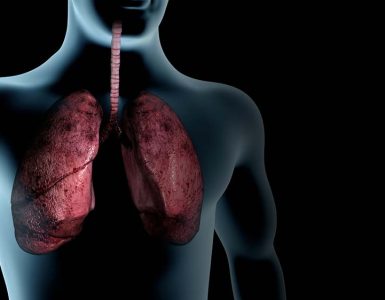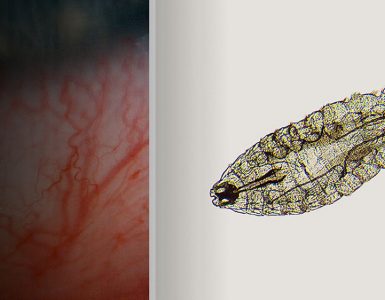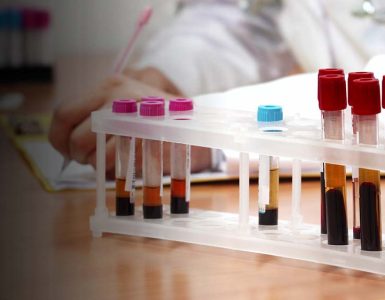In the new era, Poultry is transformed from the domestic/conventional farming to commercial farming. Due to this intensive poultry breeding, birds subject to varied stressors as hypoxia, vaccination, malnourishment and infection then these conditions activate the hypothalamic-pituitary adrenal (HPA) axis that elevates the concentration of circulating corticosterone and altered cellular immune responses.
Corticosterone or cortisol is the main hormone of the pituitary adrenocortical axis and performs a vital function in metabolism. Animals have defense systems that protect them from various stresses, one of which is an expression of heat shock protein (HSP).HSPs are universally synthesized in virtually all species and considered as phylogenetically conserved molecules. Heat shock protein70 (HSP70) is one of the most renowned HSPs.
Basically, it is a 70-kDa protein expressed in almost all organs such as the gastrointestinal tract and the nervous system. In highly stressful conditions, the organism systemically enhances the induction of HSPs to protect the body.
Kim and Yenari (2013) have been reported that HSP70 exhibits apoptosis-suppressive effects and anti-inflammatory activity that leads to the cytoprotectively functions from various stresses. Dietary modulations are the established approaches to restrain the negative effects of stress on production and anti-oxidant variables in chicken.
Plants are a good source of natural substances used in animal and poultry feed. Feed additives from plant origin are widely accepted both in human health practices and livestock production owing to several benefits linked with the natural compounds. Essential oils (phyto-plus powder) is a mixture of herbal extracts, including, peppermint, Garlic, Thyme, Oregano, and Rosemary. Thymus and Origanum, are regarded as oil-rich on the basis of their vital oil content >2%. Baser and Kirimer (2006) reported that the major constituents of the oils of thyme and oregano species are carvacrol, thymol, and c-terpinene. Generally, thymol is a major component of thyme essential oil, and its isomer and carvacrol are the main components of oregano essential oil.

Aydin et al. (2005) stated that Thyme ingredients have the ability to provide protection against peroxide- and mutagen-induced DNA damage in human lymphocytes. Alagawany et al. (2015) confirmed the pharmacological effects and beneficial health effects of carvacrol dietary supplementation such as anticancer, antimicrobial, antioxidant, antiplatelet, anti Alzheimer disease, antiviral, anti-inflammatory, antifungal, anti-obesity activity, and other growth-promoting properties. Wieten et al. (2010) further recorded that Carvacrol exhibited the prominent capacity to co induce cellular HSP70 expression in vitro and upon intragastric administration, in Payer’s patches of mice in vivo. Murakami et al. (2014) reported that adding essential oil to the broiler’s ration increased villus height in the jejunum on day 14.
Novel research presented by Eldeib et al. (2021) to evaluate the effect of thyme, oregano, peppermint, garlic, and rosemary combination (Phyto-plus) on the growth performance of broiler chickens in addition to their potential to be used as ant stress and antioxidant. The results indicate that Phyto-plus play a significant role anti stress and as an antioxidant. It also improved bird growth performance and intestinal histomorphology. The researchers further specified that the low dose of phyto-plus (100 g tG1 of ration) was an optimum supplementation dose compared to the high dose (400 g tG1 of ration).
















Add comment